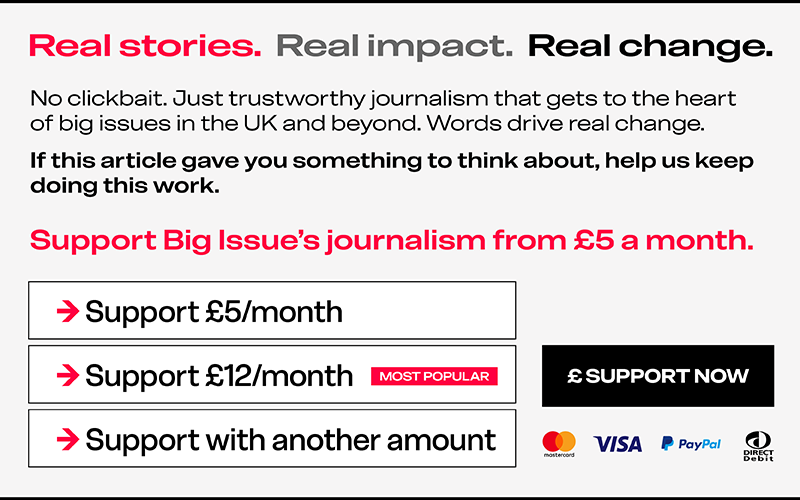Access to justice is not only a fundamental principle, but also a beautiful one. That is particularly true in the context of what is known as public law, the rules which govern what the state can and cannot lawfully do. It is in this area that we most often see Davids, individuals, taking on Goliaths, apparatuses of the state. The beauty here derives from Goliath himself ‘arming’ David through the provision of a functioning justice system, which is – at least ideally – open to all.
When people access justice to review and test decisions made about them, the precedents established in their cases can change lives – not just their own, but others’, too. Take for instance ‘Claire’, Public Law Project’s client, who was the victim of prolonged abuse by her former partner. When she was seeking separation, she had no income to pay for a lawyer and her only ‘capital’ was her share in a home jointly owned by her abuser. Although she could not sell this asset, the Legal Aid Agency (LAA) decided that it rendered her ineligible for legal aid. The LAA’s decision meant she faced complex legal proceedings against her abuser without any legal support. But Claire successfully challenged the LAA through the application of public law principles. She has ensured that people suffering domestic abuse, most often women, are able to access legal support even when they have trapped capital.
Next consider ‘K’, another Public Law Project client, who relied on benefits while caring for children with complex needs. The DWP informed K that due to their error she had been overpaid £8,600 in benefits and would need to repay it. Owing that amount is significant for most people. Owing that amount when you are dependent on benefits amid a cost-of-living crisis is devastating. K challenged the decision and won. That ruling can now be used by others in similar situations.
These women took on the might of the state and changed things for the better, demonstrating that the law is not a barrier to a well-functioning state, but a precondition for it.
But to win a case, it must first be heard. Delays in the criminal and civil system mean too many people are living in limbo while they wait for their day in court. Evidence vital to criminal proceedings is deteriorating while large numbers of potentially innocent people are being kept incarcerated on remand for too long. Stress, anxiety and physical health are suffering while citizens struggle without services they need, uncertain of when they will know about their entitlements.
It means other parts of the state are left picking up the problems the courts cannot resolve in a timely fashion, becoming more strained as a result. This is leading to public trust in institutions eroding.






